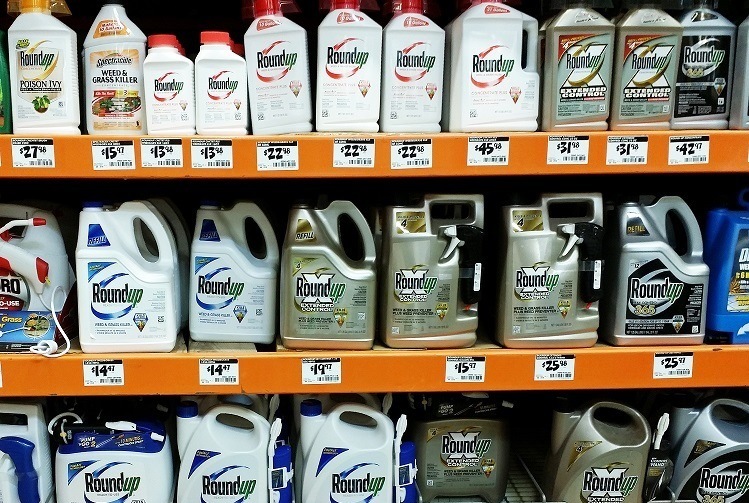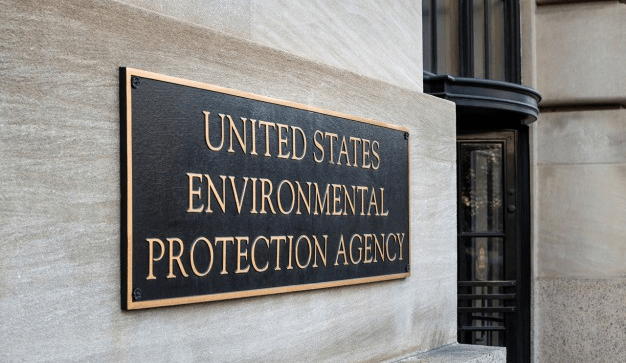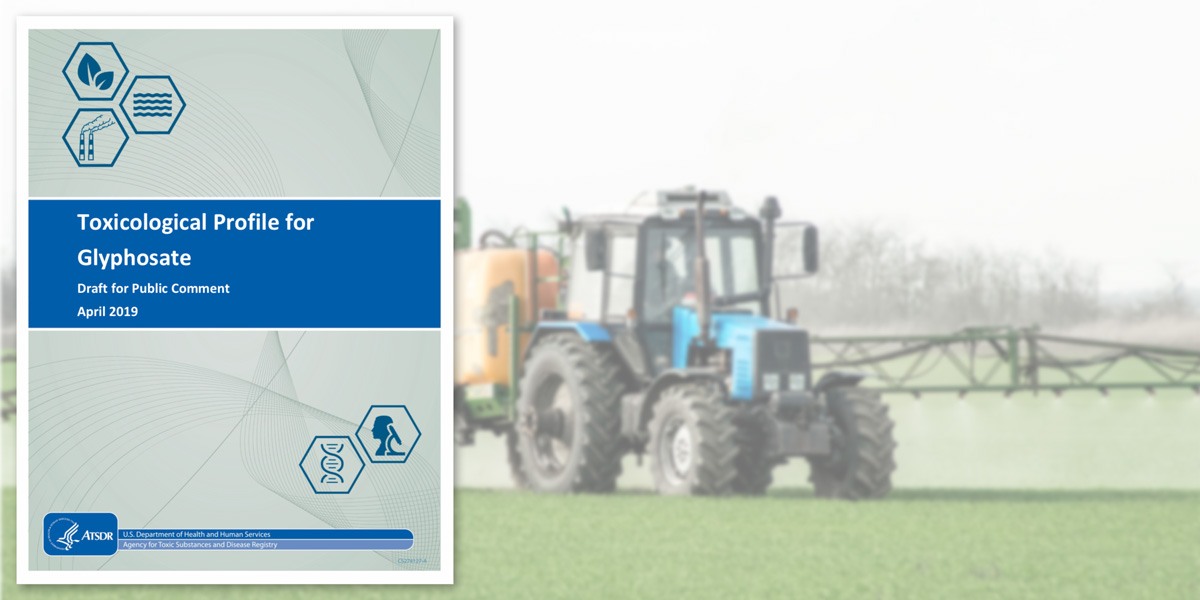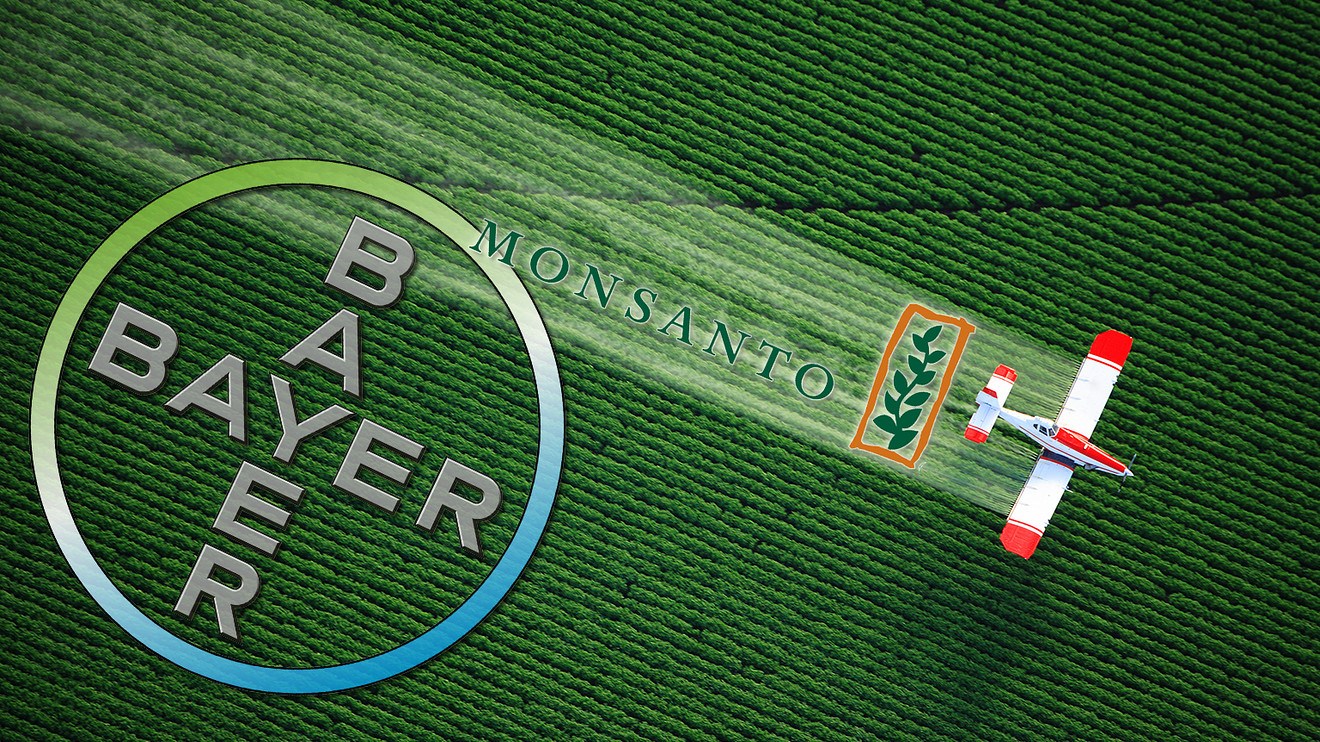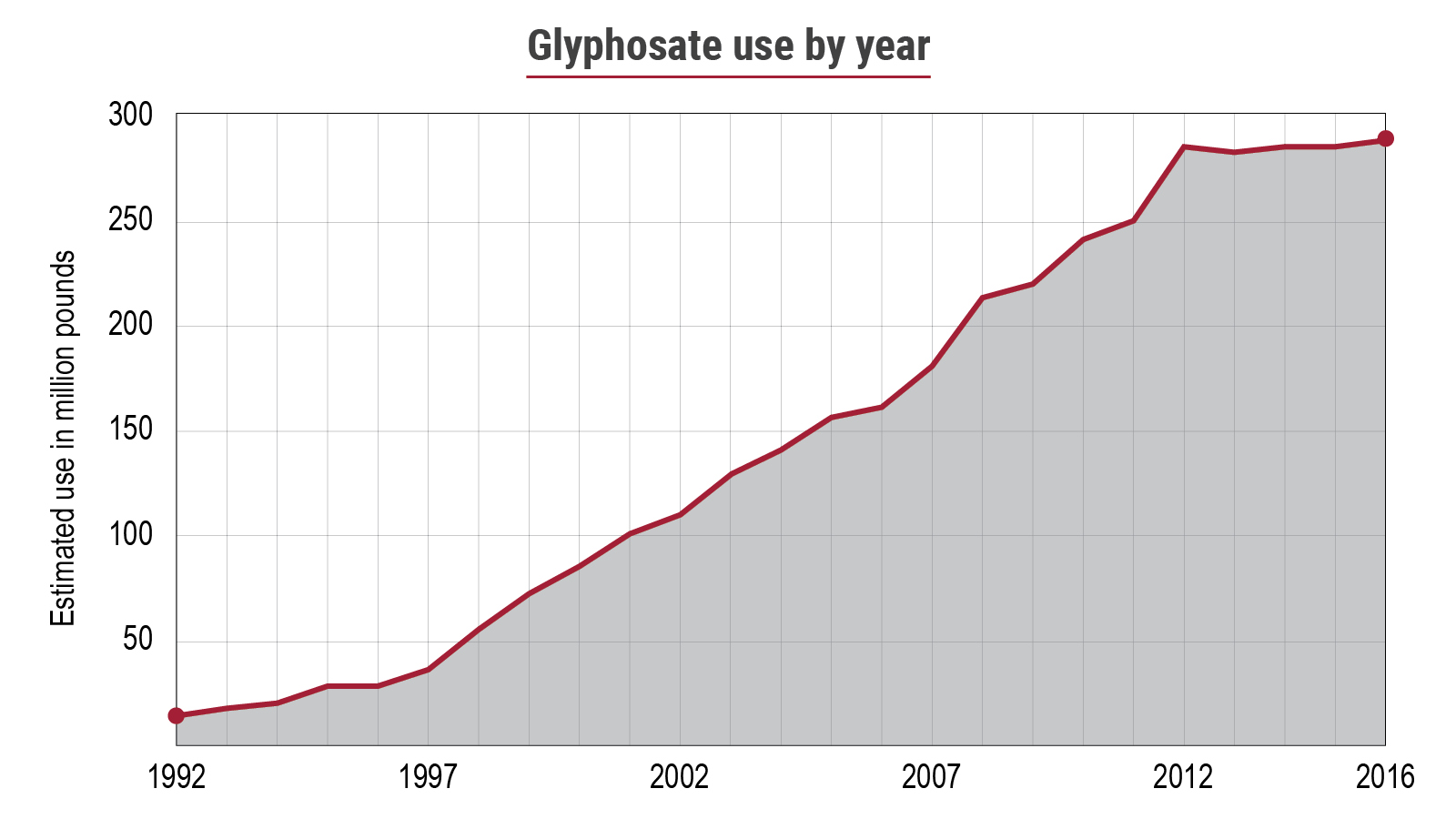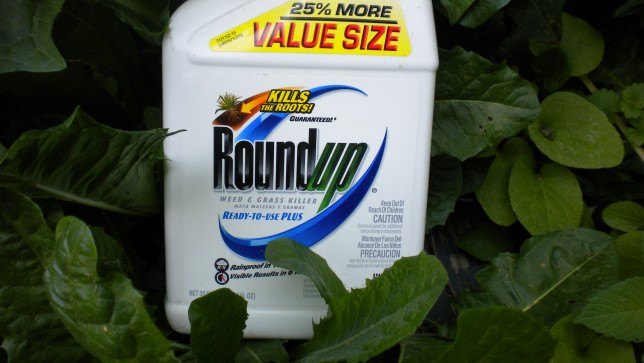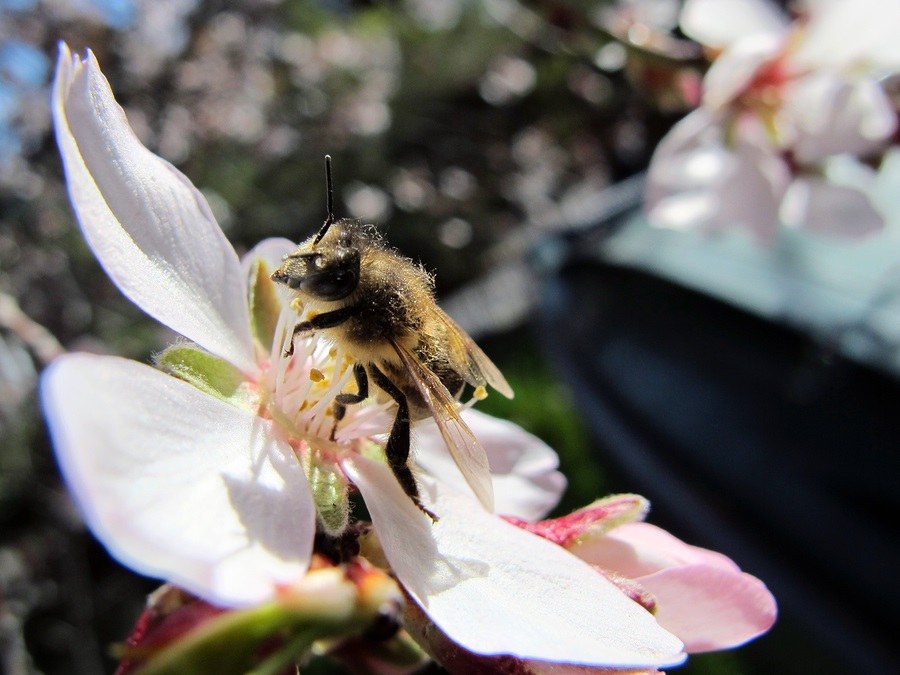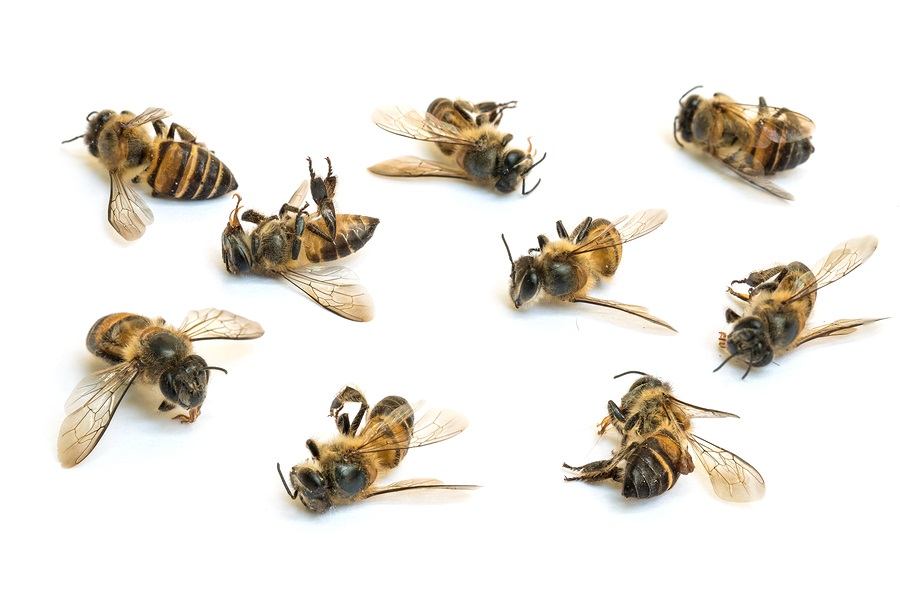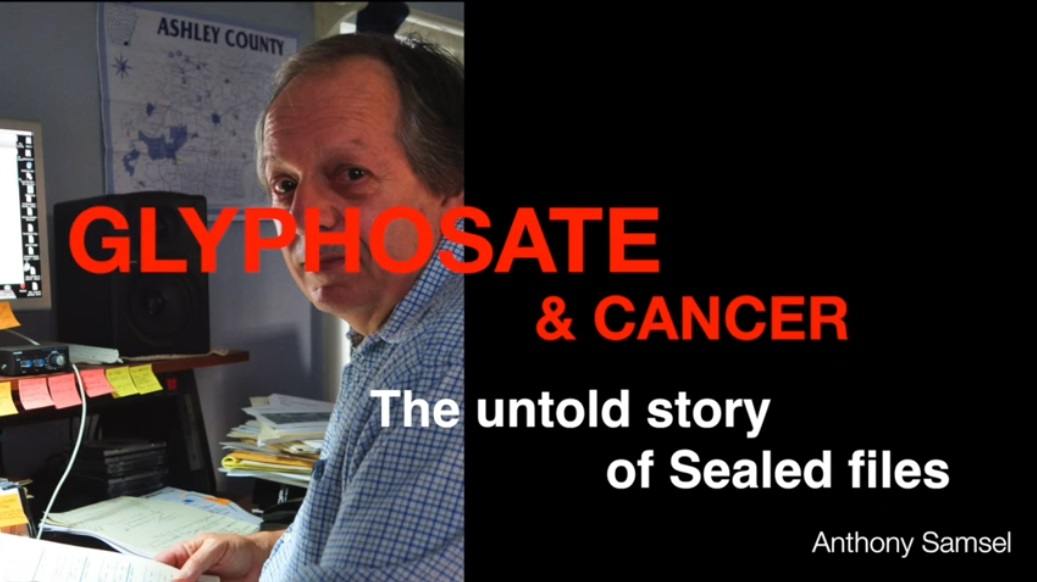Bayer-Monsanto Ordered to Pay $2 Billion to Glyphosate Cancer Victims
After less than two full days of deliberations, a California jury ordered Monsanto to pay just over $2 billion in punitive and compensatory damages to a married couple who both developed non-Hodgkin lymphoma they say was caused by their many years of using Roundup products. After listening to 17 days of trial testimony, jurors said Monsanto must pay $1 billion to Alberta Pilliod, who was diagnosed with non-Hodgkin lymphoma brain cancer in 2015, and another $1 billion to her husband Alva Pilliod, who was diagnosed in 2011 with non-Hodgkin lymphoma that spread from his bones to his pelvis and spine. The couple, who are both in their 70s, started using Roundup in the 1970s and continued using the herbicide until only a few years ago. The jury also awarded the couple a total of $55 million in damages for past and future medical bills and other losses. In ordering punitive damages, the jury had to find that Monsanto “engaged in conduct with malice, oppression or fraud committed by one or more officers, directors or managing agents of Monsanto” who were acting on behalf of the company. Pilliod v. Monsanto is the third Roundup cancer case to go to trial. And it is the third to conclude that Monsanto’s glyphosate-based herbicides can cause cancer and that Monsanto has long known about – and covered up – the risks.




